

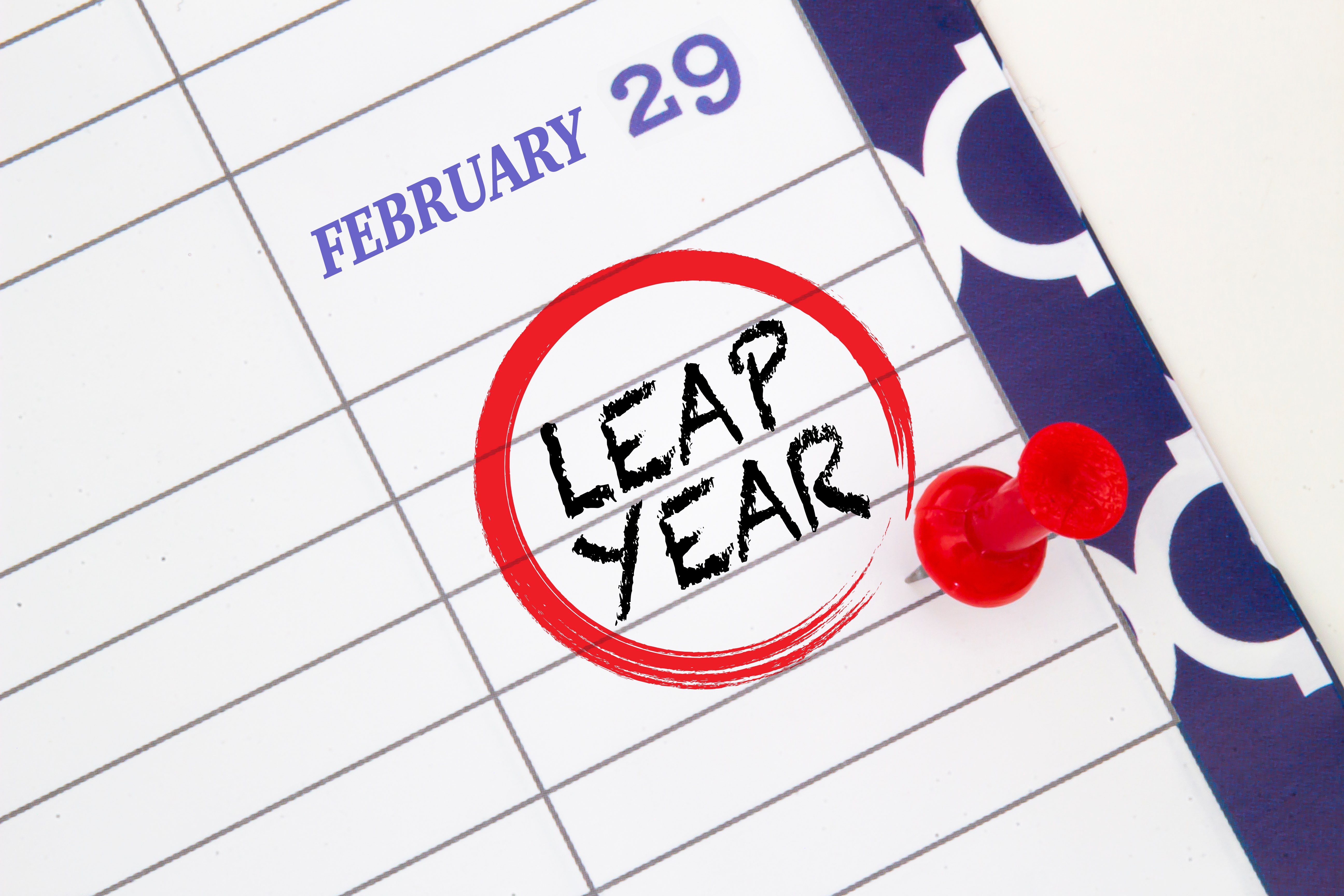
Leap years have been a crucial part of our calendar since the 16th century. Designed to account for the extra fraction of a day in the solar year, these extra days help keep our calendar aligned with the seasons. Without them, we would experience significant disruptions in farming and scheduling.
Leap Years: Keeping Our Calendars in Sync
Leap years are an essential part of our calendar, ensuring that it remains aligned with the Earth's orbit around the sun. The Gregorian calendar, which is the most widely used calendar today, was introduced in 1582 by Pope Gregory XIII to address the inaccuracies of the Julian calendar.
The Need for Leap Years
The Earth takes approximately 365.2422 days to orbit the sun, but our calendar has only 365 days. This fractional difference accumulates over time, causing the calendar to drift away from the seasons. Leap years add an extra day, known as February 29th, to the calendar every four years to compensate for this drift.
History of Leap Years
The concept of leap years dates back to ancient times. The Egyptians added an extra day to their calendar every four years around 3000 BCE. The Romans also incorporated leap years into their calendar, but they were not always consistent in their implementation.
Impact of Leap Years
Leap years have a significant impact on farming, scheduling, and other activities that rely on accurate timekeeping. They help to prevent the seasons from shifting and ensure that events occur on the same days year after year.
FAQs
1. Why are leap years necessary? Answer: Leap years are necessary to compensate for the fractional difference between the Earth's orbital period and our calendar year, preventing the calendar from drifting away from the seasons.
2. How often do leap years occur? Answer: Leap years occur every four years, except for years that are divisible by 100 but not by 400 (e.g., 1900 was not a leap year, but 2000 was).
3. How are leap years determined? Answer: A year is a leap year if it meets the following criteria:
4. Do all countries use leap years? Answer: Most countries use the Gregorian calendar, which includes leap years. However, some countries, such as Saudi Arabia, do not.
5. What is the astronomical basis for leap years? Answer: Leap years are based on the fact that the Earth's orbital period is approximately 365.2422 days, while our calendar has only 365 days.
Links for Further Information:

At the Beijing International Youth Innovation and Development Forum, experts emphasized the crucial role of young talent in shaping the future of innovation, particularly in rapidly evolving global scientific frontiers. They stressed on the need to trust, guide, and support young innovators in order to strengthen their skills, with Beijing itself fostering an inclusive talent ecosystem. The importance of cross-disciplinary collaboration in addressing global challenges such as climate change and energy security was also highlighted, with emerging technologies like quantum computing and renewable energy being crucial catalysts for progress in this regard.

World Liver Day, observed on April 19, was established in 2010 to raise global awareness about liver health and diseases. With the liver being the second largest organ and playing a crucial role in various bodily functions, the day brings attention to preventive measures and early screening. Additionally, it advocates for eliminating stigma and improving access to treatment for those affected by liver conditions.

On World Health Day, Dr. Swaramya Chandrasekaran, a gynaecologist at Rela Hospital Chennai, reflects on the progress and challenges in maternal and newborn health in India. She highlights the country's commendable decline in neonatal deaths and the success of flagship schemes such as Janani Suraksha Yojana and Janani Shishu Suraksha Karyakram. However, she also acknowledges the need for consistent quality of care, especially in rural areas, and calls for strengthening community awareness, upgrading infrastructure, and supporting maternal mental health. The adoption of global frameworks and the commitment to no mother or child being left behind further emphasize India's efforts towards a resilient future.

Recent events have sparked conversations among leading geophysicists about the risk of earthquakes in Vietnam, despite the country not being situated on major tectonic belts. Although the likelihood of catastrophic earthquakes is low, Vietnam still faces the potential for significant seismic activity, particularly in the northwest region. With the presence of multiple geological fault lines, some capable of producing earthquakes with magnitudes up to seven, experts urge for seismic hazard assessments and preparedness measures to mitigate potential damage.
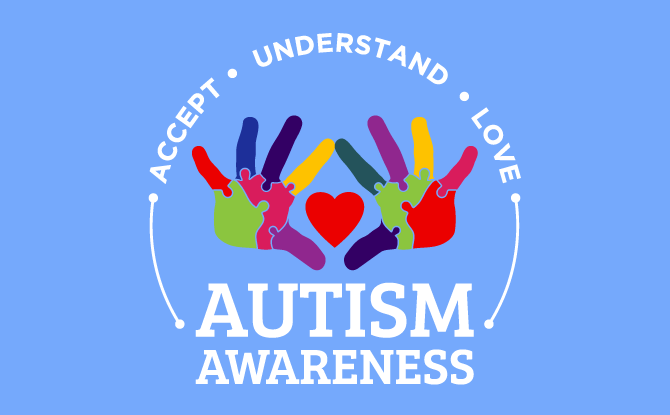
On April 2, the world recognizes World Autism Awareness Day, bringing attention to the challenges faced by individuals with autism. The term "autism" was first introduced in 1911 and has been further defined and understood since then. As a wide range of developmental disorders, each diagnosis is unique, making it important to understand and support those on the spectrum. This day aims to raise awareness and promote understanding and support for individuals and their families.
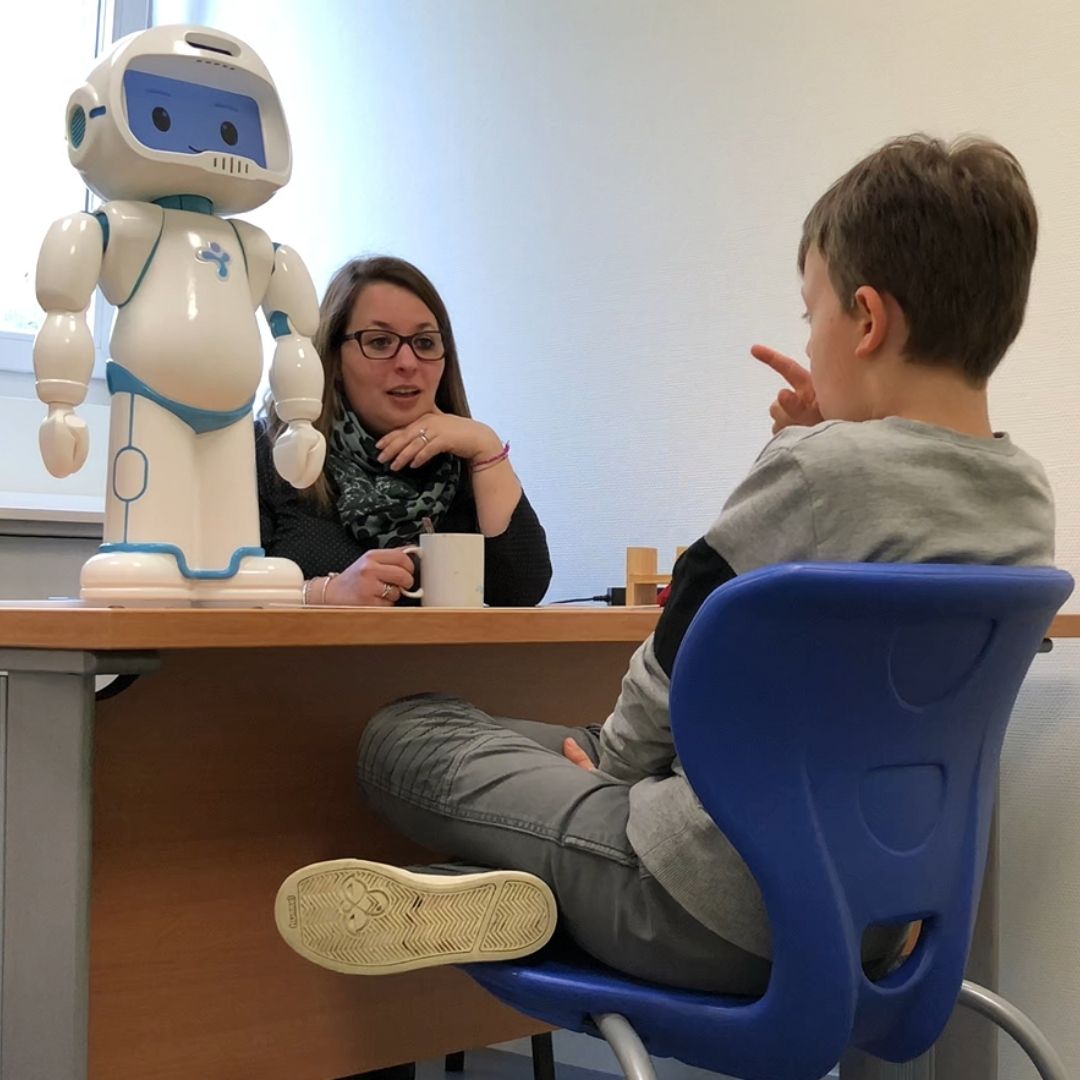
In light of World Autism Awareness Day, experts, including a paediatric neurologist and a RCI-certified special educator, discuss the role of technology in assisting children with Autism Spectrum Disorder (ASD). They highlight the benefits of alternative communication devices, which can aid non-verbal children in expressing their emotions effectively. Furthermore, they share insights on the various technological tools and interventions that can enhance the learning and development of children with ASD.
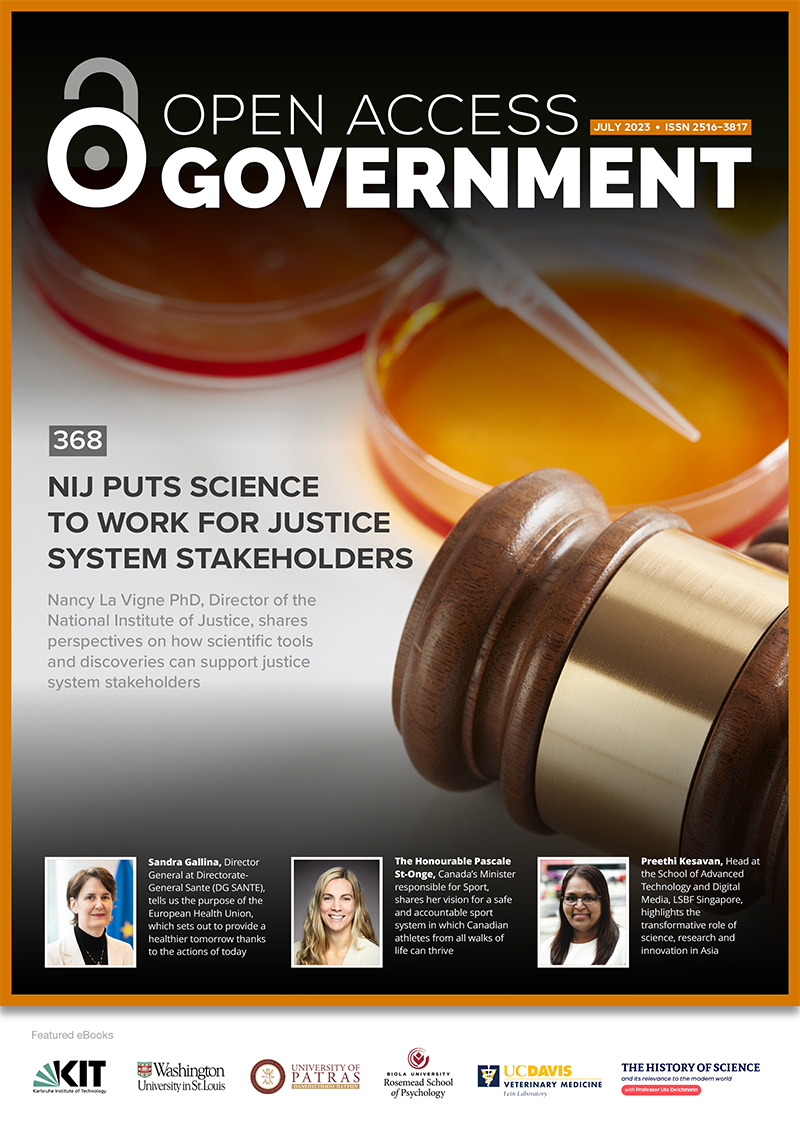
With a wide range of publications, eBooks, and research articles, Open Access Government is a pioneering platform that shares relevant and comprehensive information on health, workplace, digital transformation, and other critical topics. As a Crossref Sponsored Member, the platform connects research content across the globe, strengthening the research communication network. With an impressive membership of over 20,000 organizations from 160 countries and support for billions of API queries, Crossref plays a significant role in promoting a collaborative and innovative research environment.

The use of ketamine as a treatment for depression has gained attention after Tesla and SpaceX CEO Elon Musk revealed that he uses the drug every other week. Derived from PCP, ketamine is a Schedule X drug that is regulated and monitored in India by prescribing doctors. While it has shown promise in managing mental health conditions, the euphoric effects of ketamine can lead to addiction if not supervised by a doctor.
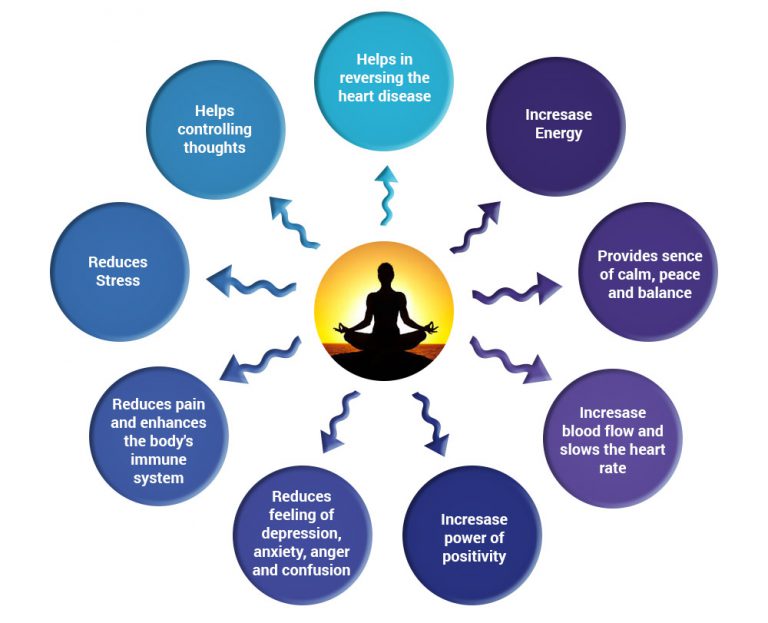
A personal journey of discovering the true meaning of meditation leads to the realization of the role of Pranayama in enhancing the practice. Pranayama not only calms the mind and reduces thoughts, but also acts as a bridge between universal energy and ourselves, leading to a deeper connection in meditation. However, the importance of proper breath regulation and caution during kumbhaka is emphasized to avoid potential dangers and achieve optimal results in meditation.

Medindia, a leading health information website, has launched a new feature called Health Watch which aims to provide accurate and informative content on various health-related topics. The feature will include articles, e-books and consultations with qualified physicians, making it a one-stop destination for medical information. This initiative by Medindia is set to revolutionize the way people access and use health-related information, ensuring they have access to reliable and trustworthy sources for their health needs.